Sanxingdui, an archaeological marvel in Sichuan Province, China, has captivated the world with its mysterious artifacts and enigmatic history. First discovered in the 1920s and extensively excavated in the 1980s, the site provides a glimpse into the ancient Shu civilization, which flourished approximately 3,000 years ago. From its intricate jade artifacts to its towering bronze sculptures, Sanxingdui challenges our understanding of ancient Chinese cultures and raises questions about the Shu people’s origins and sudden disappearance. Follow archeology.dulichvn.net to learn more about ancient Chinese culture
The Discovery of Sanxingdui
Unearthing the Site
The Sanxingdui site was first stumbled upon by a farmer in the 1920s, but its true significance was only realized during major excavations in the 1980s. Two large sacrificial pits were uncovered, yielding an array of artifacts that astounded archaeologists.

A Treasure Trove of Artifacts
Among the discoveries were bronze masks with exaggerated facial features, life-sized bronze statues, jade ornaments, gold items, and pottery. These artifacts were unlike anything previously unearthed in China, suggesting a highly sophisticated and unique culture.
Global Attention
The extraordinary finds quickly gained international recognition. Scholars and historians from around the world were drawn to the site, seeking to unravel the mysteries of this ancient civilization.
See more: A Rare Roman Slave Tag: Unveiling the Harsh Realities of Ancient Rome
The Unique Artistry of Sanxingdui
Bronze Masterpieces
The bronze works of Sanxingdui are some of the most iconic artifacts from the site. Towering statues, elaborate masks with bulging eyes, and intricate animal motifs showcase the advanced metallurgical skills of the Shu civilization.
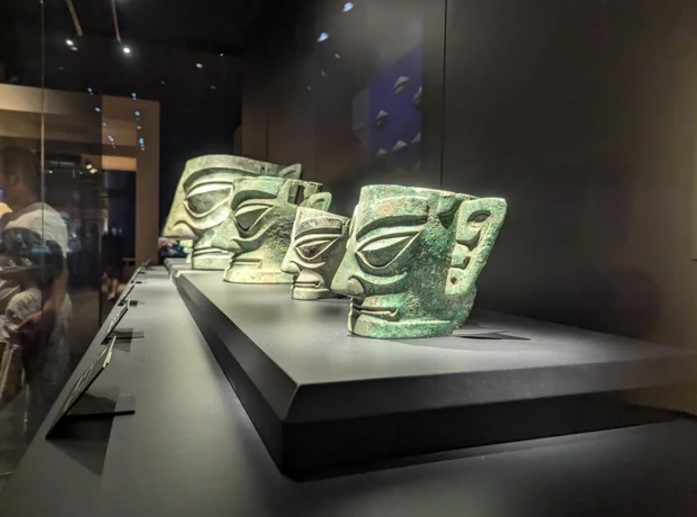
Jade and Gold Artifacts
In addition to bronze, Sanxingdui yielded exquisite jade pieces and gleaming gold items. These objects reflect the civilization’s artistic creativity and their reverence for luxury and ritual.
Distinctive Style
What sets Sanxingdui apart is the distinct style of its artifacts. Unlike those from other Chinese cultures, such as the Shang or Zhou dynasties, the Shu people’s art exhibits a surreal and imaginative quality, indicating an isolated yet advanced development.
The Enigma of the Shu Civilization
Origins of the Shu People
The Shu civilization that created Sanxingdui remains shrouded in mystery. Archaeologists speculate that the Shu people may have had distant connections with other ancient cultures, but their art and practices suggest significant independence.
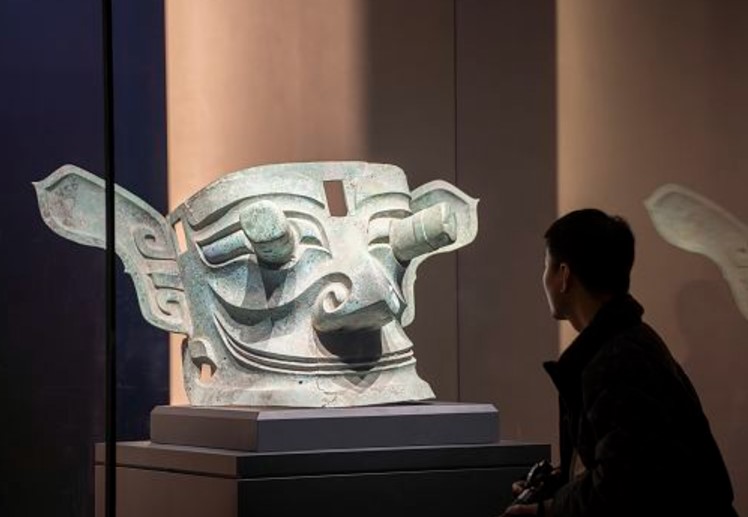
Sudden Disappearance
One of the most perplexing aspects of Sanxingdui is the abrupt disappearance of the Shu civilization. Around 1,000 BC, the site was abandoned, and the people seemingly vanished without explanation. Theories range from natural disasters to invasions, but no definitive answer has been found.
A Legacy in Ruins
Despite their disappearance, the Shu people left behind a legacy of cultural and artistic achievements that continue to intrigue and inspire. Sanxingdui stands as a testament to their ingenuity and creativity.
See more: The Mystery of the Stone Coffin: Unearthing Medieval Secrets Beneath Leicester
Significance of Sanxingdui in Archaeology
Challenging Historical Narratives
Sanxingdui has challenged traditional narratives about early Chinese civilizations. Its distinct culture suggests that multiple advanced societies existed simultaneously in ancient China, each with its own unique identity.
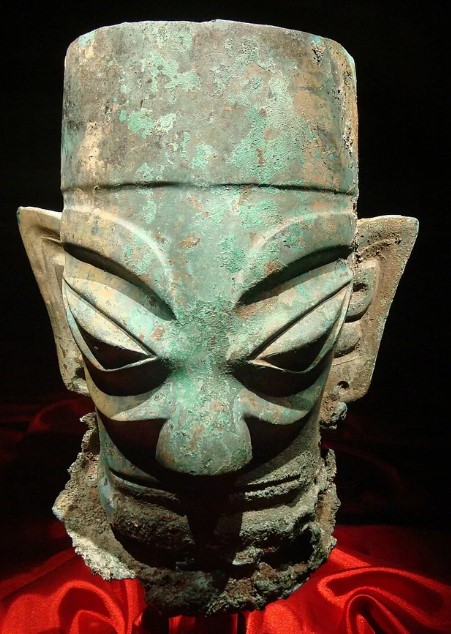
A Cultural Bridge
The artifacts from Sanxingdui offer clues about trade and cultural exchanges in the ancient world. While the Shu people were isolated in many ways, elements of their art hint at possible connections with other regions.
Preserving the Past
Efforts to preserve and study Sanxingdui are ongoing. New technologies, such as 3D scanning and carbon dating, continue to shed light on the site’s mysteries, ensuring that its legacy endures.
Visiting Sanxingdui Today
The Sanxingdui Museum
The Sanxingdui Museum in Guanghan, Sichuan Province, offers visitors a chance to experience the wonder of this ancient site. The museum houses many of the artifacts discovered at Sanxingdui, presented in state-of-the-art exhibits.
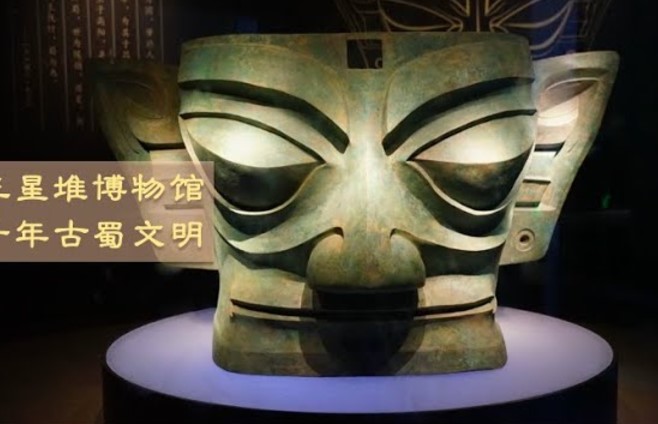
Immersive Exhibits
Interactive displays and detailed reconstructions bring the Shu civilization to life. Visitors can explore the artistry and craftsmanship of the Shu people while learning about the site’s archaeological significance.
A Journey into Mystery
Visiting Sanxingdui is more than an educational experience—it’s a journey into one of history’s great enigmas. The artifacts inspire a sense of wonder and curiosity about the ingenuity and creativity of ancient humanity.
Unraveling the Mysteries of Sanxingdui
Ongoing Excavations
Sanxingdui continues to be an active archaeological site. Recent excavations have uncovered additional pits and artifacts, deepening our understanding of the Shu civilization.

Advancements in Technology
Modern technologies are revolutionizing the study of Sanxingdui. Techniques like ground-penetrating radar and DNA analysis may provide new insights into the origins and fate of the Shu people.
A Global Fascination
Sanxingdui has captured the imagination of people worldwide. Its artifacts are featured in exhibitions and documentaries, highlighting the universal appeal of this ancient mystery.
Conclusion
Sanxingdui is more than just an archaeological site—it’s a gateway to an ancient world that remains largely unknown. The artifacts unearthed here are extraordinary not only for their beauty and craftsmanship but also for the questions they raise about the Shu civilization.
Why did the Shu people vanish? What inspired their unique artistry? These are mysteries that may never be fully solved, but they continue to inspire curiosity and wonder. As researchers uncover more secrets of Sanxingdui, the site stands as a testament to the complexity and diversity of ancient human civilizations.
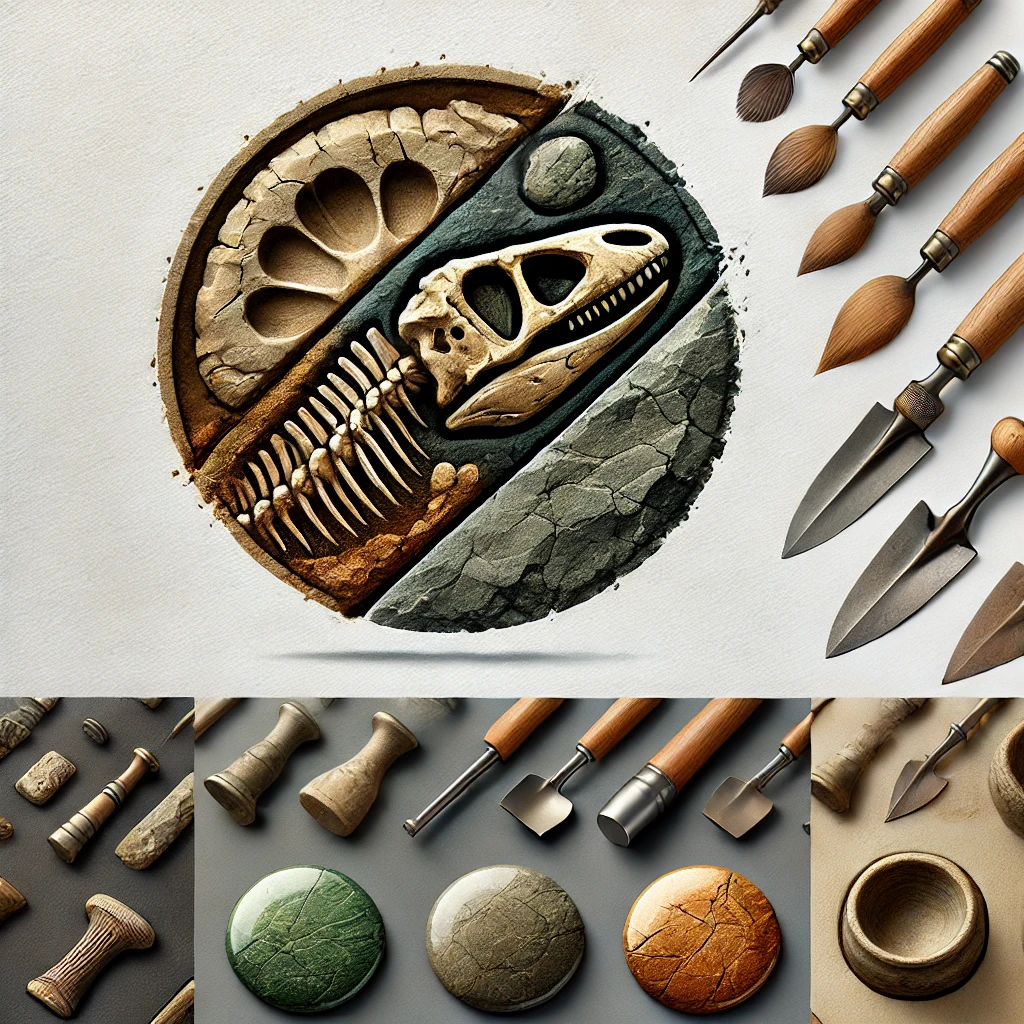
CÁC TIN KHÁC
Mary Walton: The Forgotten Inventor Who Helped Clean Up America’s Cities
Tomb of Queen Nefertari in the Valley of the Queens, Egypt
Discover the Hypostyle Hall of the Temple of Hathor at Dendera
Venus de Losange: Unveiling the Mystery of a 20,000-Year-Old Paleolithic Icon